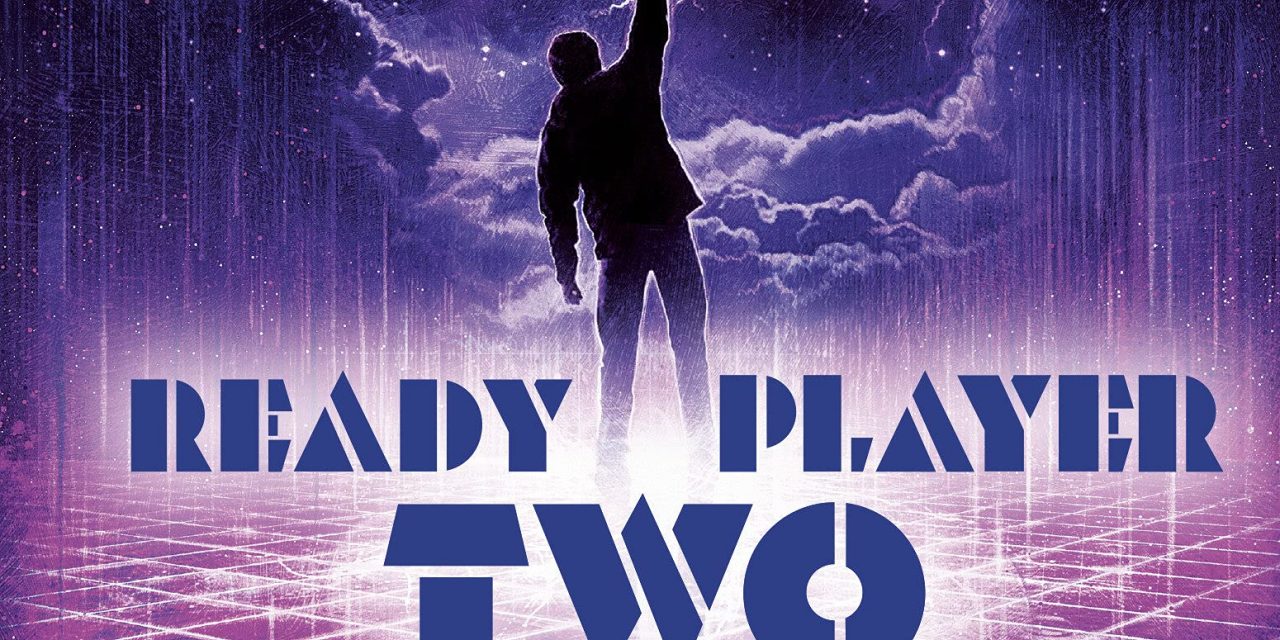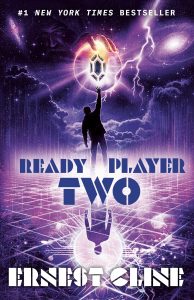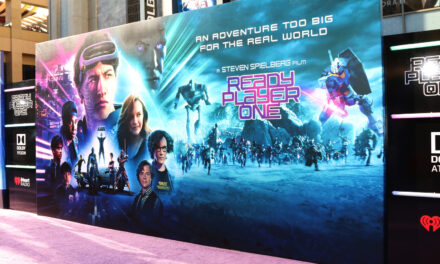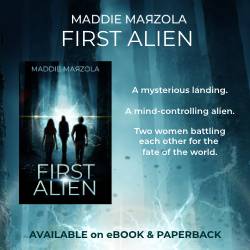Back in 2011, Eric Cline gave us Ready Player One, a thoroughly enjoyable science fiction journey into the virtual world of the OASIS. More than a virtual reality game, the OASIS is a worldwide virtual reality and virtual society, somewhere everyone goes to escape the dystopian world Earth has become sometime around 2045.
Nine years later, it’s 2020, and Cline shows up to brighten our days with Ready Player Two. We’re still in the OASIS, still following Wade Watts. Yet, this time, something is missing. A lot of it, actually.
The story picks up right where it left off. Wade has just won the Golden Egg and has inherited GSS and the OASIS. He is now a gazillionaire. He has everything he ever could have wanted. He is also an insecure and self-commiserating champion of narcissism—a recipe for disaster, especially when his friends are good people who can’t stand his attitude.
Then, one day, Wade finds a clue to a new quest, which slowly turns from an exciting adventure into a severe threat to humanity.
The premise is sound. Cline, however, fails to see the potential and spends most of the book indulging in obscure 80’s trivia and complacent streams of consciousness.
The pacing is inconsistent, and too many red herrings make the quest unnerving. To make matters worse, it takes half of the novel to figure out what the quest is about and what Wade is supposed to be looking for.
With the plot all over the place, only a complex and relatable protagonist could have made the journey worth taking. Alas, Wade is the last person you’d want to spend your time with. Whatever fame did to him, he is shown as utterly devoid of empathy. He’s entitled, insecure, and cruel towards anyone who dares to criticise him. He’s not even an anti-hero, just a bad human being.
As for Wade’s former friends – the High Fives that helped him complete the quest in Ready Player One – they remain flat and unlikeable for most of the book, despite being the only decent human beings that could show Wade how to become a better person. Wade doesn’t like people who criticise him, and it looks like Cline doesn’t like those people either.
Looking away from Wade, on the other hand, Cline’s intention becomes a bit clearer. Samantha, for example, works hard to show us the ethical issue over virtual reality and the value of escapism, as opposed to the need for social intervention in the real world.
Unfortunately, Cline misses the opportunity to explore this issue. He sets most of the novel in the OASIS, leaving Samantha to tell tales of that faraway land outside the virtual world.
Talking of Samantha, it’s hard not to mention the use of female characters. Throughout the book, women are given the most awkward mention, as if either Wade or Cline himself were trying way too hard to look as feminist as possible without really understanding what that means.
The inner monologue is a perfect rendition of the mind of an entitled tech gazillionaire, a first-class ass throughout the novel. This, at least, remained consistent from beginning to end. If that, however, is part of Wade’s character, I have to hand it to Cline. He did an excellent job.
Review by Maddie Marzola.





